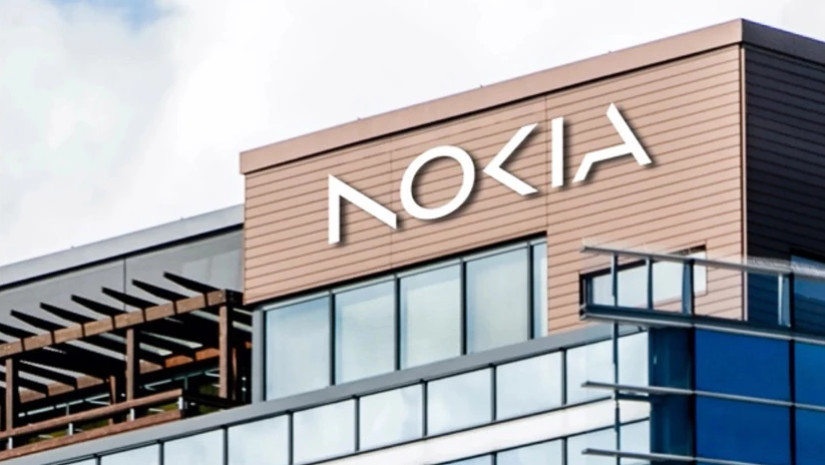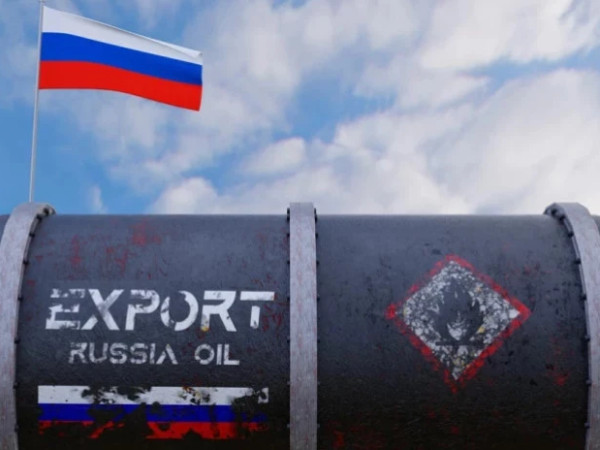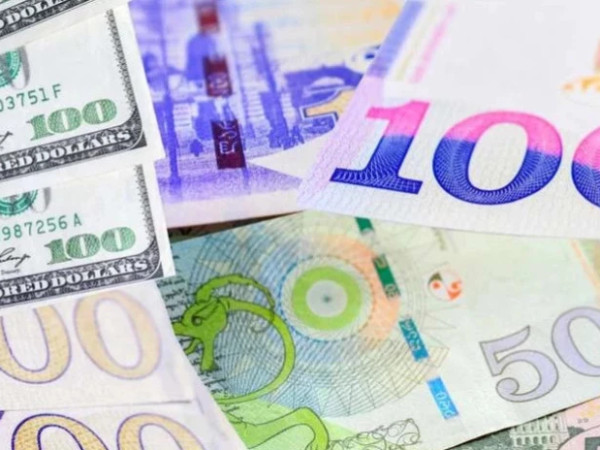This is achieved by drastically reducing emissions and increasing carbon removal through strategies like reforestation or carbon capture technology.
Nokia today announced it has committed to reducing its total global greenhouse gas emissions (GHG) to net zero by 2040. This has accelerated its previous target by 10 years, putting it ahead of the Paris Agreement target of net zero by 2050.
It also intends to double down on its existing near-term, or 2030, target. Having already committed to halving its GHG emissions across Scope 1,2 and 3 by 2030 from a 2019 baseline, it today announced it will further accelerate the decarbonization of its own operations.
Net zero greenhouse gas emissions mean reaching a state where the amount of greenhouse gases released into the atmosphere is equalled by the amount removed. This is achieved by drastically reducing emissions and increasing carbon removal through strategies like reforestation or carbon capture technology.
Climate scientists emphasise the importance of reaching net zero globally by mid-century, ideally sooner, to limit global warming to 1.5 degrees Celsius. This temperature threshold is crucial to preventing the worst effects of climate change, such as extreme weather, rising sea levels, and biodiversity loss.
Achieving net zero by 2040 would be a significant achievement, demonstrating a rapid and proactive approach to combating climate change. However, it requires widespread collaboration and acknowledges the need for equitable solutions and technological advancements.
Pekka Lundmark, President and CEO of Nokia, said, “Our new emission reduction targets show that net zero is a business priority for Nokia. We already help our telecoms customers to decarbonise by building sustainable, high-performance networks, and we work with a rapidly growing range of enterprise partners to reduce emissions and improve productivity.”
Nokia was the first telecoms vendor to have its 2030 Science Based Target (SBT) validated by the SBTi in 2017 and was among the first 100 companies across all sectors to do so.
With this announcement, Nokia reiterates its existing near-term target to reduce its greenhouse gas emissions by 50 per cent across its value chain, accelerates the decarbonisation of its operations as part of its near-term targets with complete decarbonisation of its car fleet and facilities, and explicitly sets a new long-term target to reach net zero by 2040 by 2040.


















